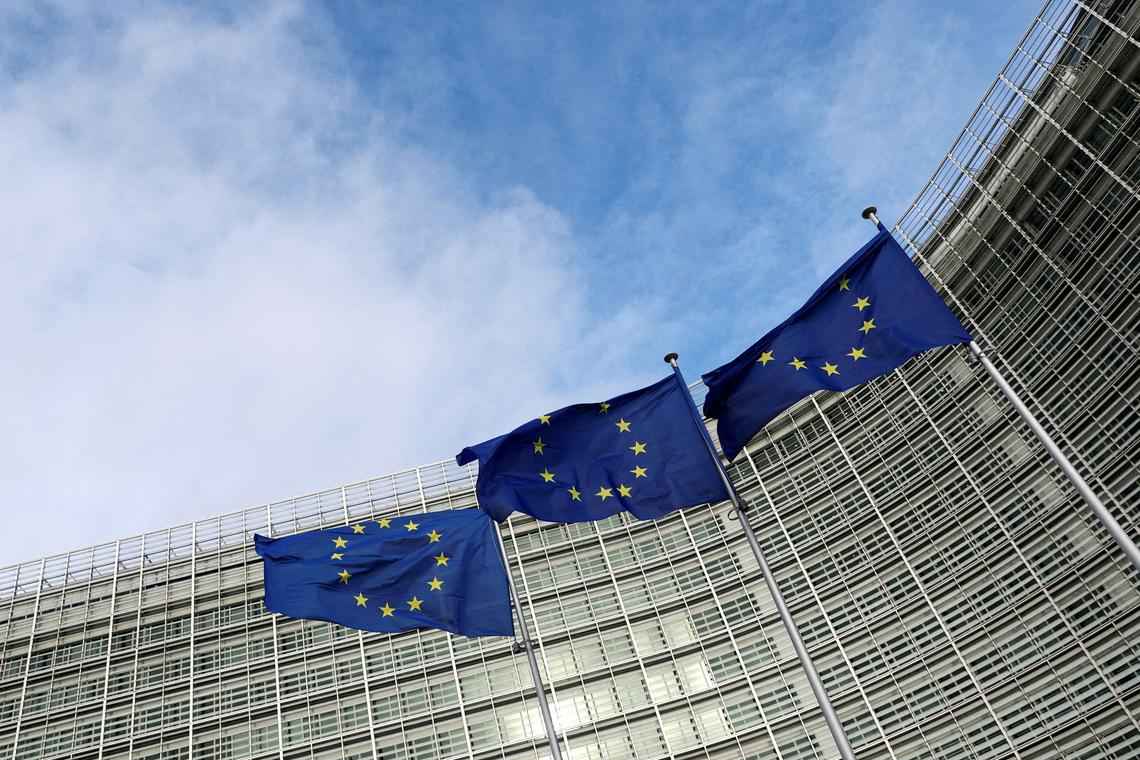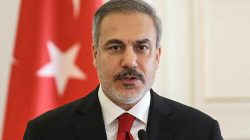Far-Right Group Gains Influence in EU Climate Negotiations
The European Parliament is witnessing a significant shift in its approach to climate policy, as the far-right Patriots for Europe group has taken on a leading role in negotiations regarding the EU’s new climate goal. This development marks a pivotal moment in the ongoing discussions about reducing greenhouse gas emissions by 90% by 2040. The move has raised alarms among environmental advocates and pro-European lawmakers, who are concerned about the potential impact of this group’s influence on the EU’s climate agenda.
The Patriots group, which includes prominent figures such as France’s Marine Le Pen and Hungary’s Viktor Orban, secured this influential position through a closed-door vote. They surpassed the centre-right European People’s Party, gaining the authority to draft the initial proposal for the Parliament’s stance during upcoming climate talks with EU member states. Despite this, other parliamentary groups retain the power to review, reject, or amend the proposed framework.
This leadership role places the Patriots at the center of shaping the EU’s 2040 emissions target, a critical objective that must be finalized before the COP30 climate summit in Belem this November. Pro-European lawmakers, such as French liberal Pascal Canfin, have expressed concerns that this shift may force pro-European parties to form stronger alliances if they hope to achieve a meaningful agreement in time.
The EU has encountered increasing resistance from several countries, including Italy and Poland, where governments fear that stringent climate regulations could negatively affect industries and lead to higher costs. At the same time, Europe continues to grapple with severe climate challenges, such as record-breaking heatwaves that have disrupted daily life across the continent.
Brussels has struggled to generate political momentum behind the 2040 climate proposal, which was only recently released by the European Commission after months of delays. With the far-right now playing a central role in negotiations, climate advocates worry that the EU’s global leadership in environmental action may be compromised.
Under international agreements, the EU and other major economies are required to submit updated climate targets by September. As time runs out and leadership shifts to controversial hands, the path toward achieving a climate consensus in Europe appears more complex than ever. The future of the EU’s climate goals now hinges on navigating these challenges while balancing diverse political interests.







